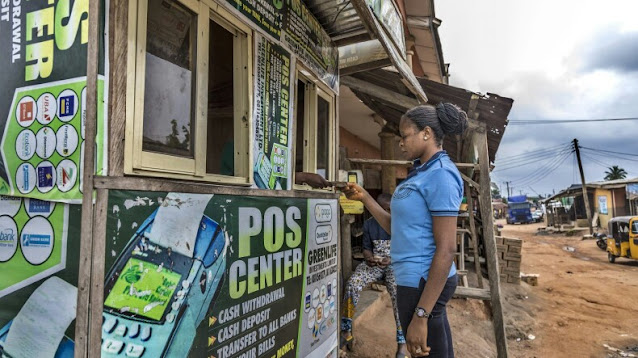What if every Nigerian village operated its own business? It sounds deceptively simple, but the potential impact on employment, productivity, and national prosperity could be revolutionary.
Nigeria’s economic structure has long leaned on government enterprises and large corporations. The federal government owns NNPC, Lagos runs Ibile Holdings, Akwa Ibom operates Ibom Air, while other states maintain hotels, plantations, and joint oil ventures. If governments can successfully run enterprises, then communities can too — and with potentially greater reach.
The Numbers Behind the Vision
Nigeria has more than 80,000 villages by some estimates. If only half of these communities established a functioning enterprise, and each business engaged 200 people, the result would be 8 million jobs. At the minimum wage of ₦70,000 per month, that’s ₦6.72 trillion injected annually into households — a ripple effect that could boost GDP, strengthen purchasing power, and stabilise local economies.
For comparison, Dangote Cement employs around 20,000 people, while the entire banking sector may not exceed one million jobs combined. Community-based enterprises could multiply those figures many times over.
Rethinking Entrepreneurship
In Nigeria, entrepreneurship is often romanticised as a personal struggle — one individual starting a hustle, hoping to grow big. But history and African wisdom show that progress is faster and more sustainable when communities act collectively. Businesses thrive on collaboration, shared resources, and collective responsibility.
This shift in mindset is not just cultural; it is policy-relevant. While governments often court big corporations with incentives, it is small and medium enterprises (SMEs) that create the majority of jobs. Supporting community-driven businesses could therefore be the missing link in addressing mass unemployment.
Tackling Informality with Structure
Nigeria’s informal economy accounts for more than half of GDP and over 70% of jobs — but these roles are typically unstable and low-paying. Village-owned businesses, if properly registered and structured, could formalise employment, improve working conditions, and still retain the community benefits of grassroots commerce.
A Working Example: Imo State’s OKOBI Model
One practical illustration is the One Kindred One Business Initiative (OKOBI) launched in Imo State under Governor Hope Uzodimma. The initiative requires businesses to be:
-
community-owned,
-
profit-driven,
-
job-creating, and
-
formally registered with the government.
In just 20 months, OKOBI has helped establish over 450 businesses, generating more than 13,000 jobs. To put that in perspective, the state government employs about 50,000 civil servants; OKOBI enterprises have already delivered more than a quarter of that figure — and in less than two years.
These are not charity projects; they are profitable, locally owned businesses reshaping livelihoods and reducing dependency on government jobs or outside investors. Families have moved out of poverty, villages have witnessed fresh economic activity, and young people are finding opportunities close to home.
Scaling the Vision Across Nigeria
If the model works in Imo, it can succeed elsewhere. Imagine communities across Nigeria establishing enterprises in agriculture, food processing, renewable energy, manufacturing, tourism, or transport. The result would be stronger local economies, reduced rural-urban migration, and millions of sustainable jobs.
The Road Ahead
Nigeria needs to broaden its definition of entrepreneurship. It should not be confined to lone hustlers or multinational corporations. Village-owned enterprises represent a third path — one that blends grassroots energy with structured, formalised business practices.
The challenge now lies in scaling. Governments, philanthropists, and development partners must recognise the model’s potential and provide supportive policies, training, and financing frameworks. With the right support, the idea of “a business in every village” could move from vision to reality — transforming Nigeria’s economy from the ground up.

